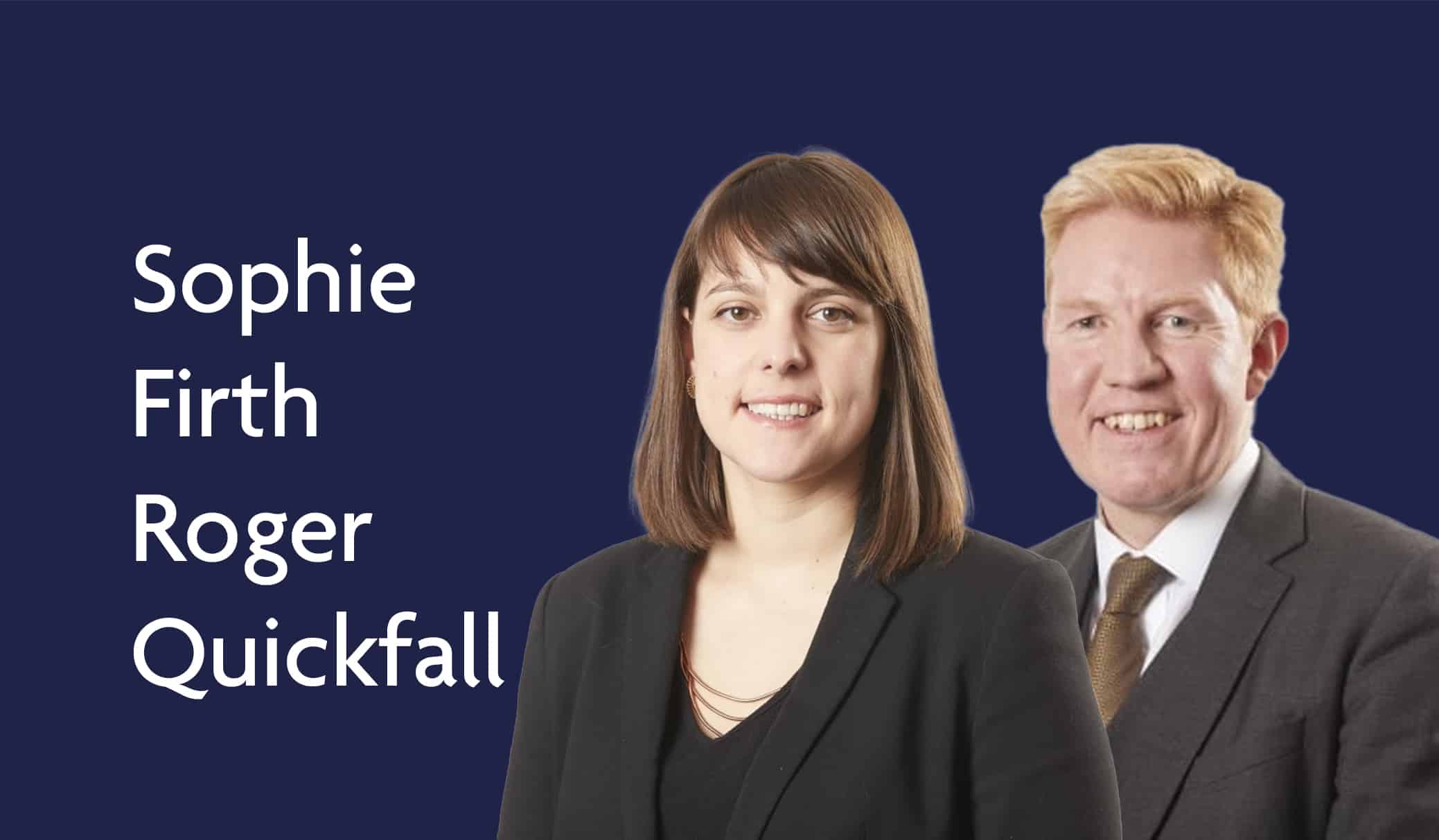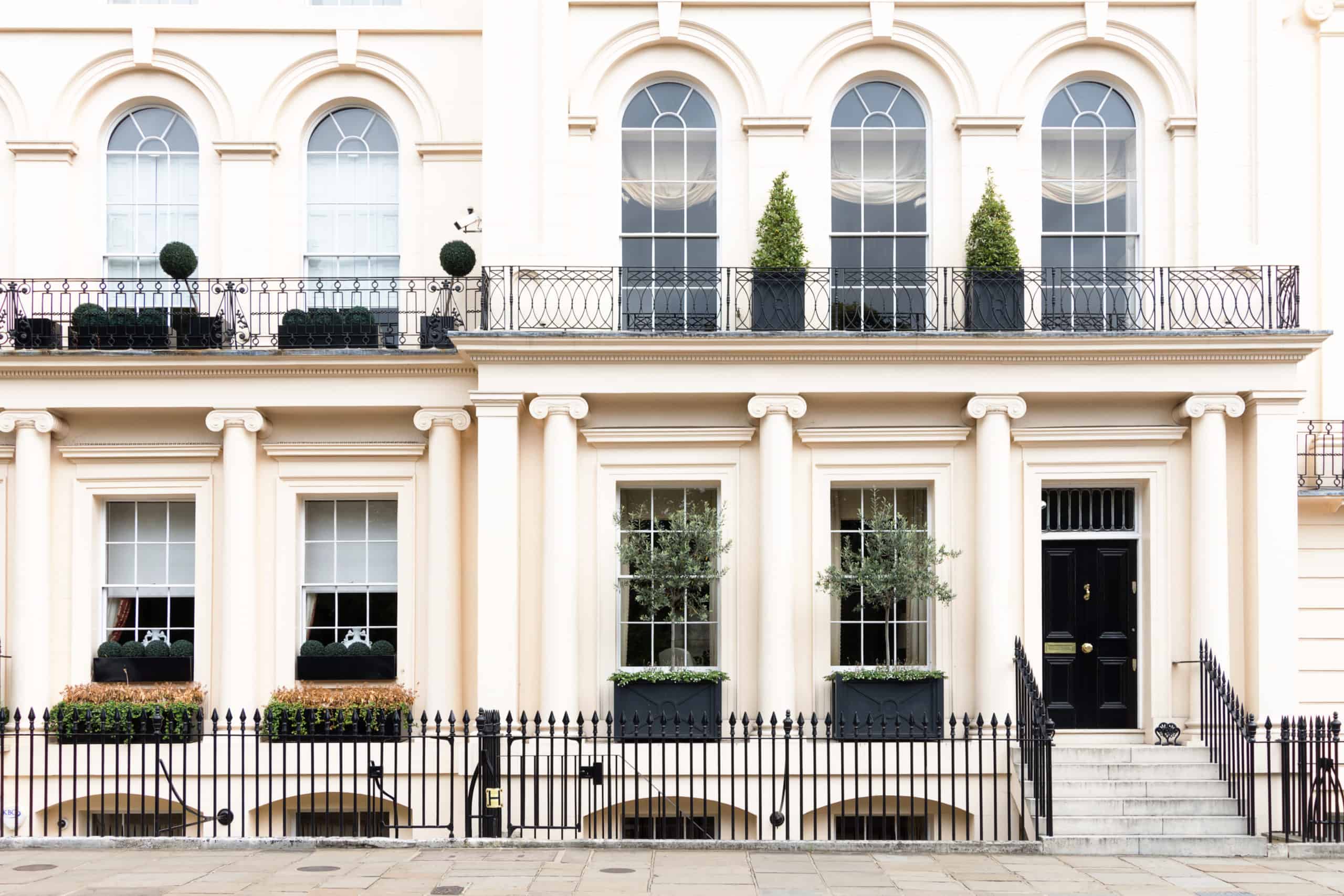Sophie Firth and Roger Quickfall have successfully represented the claimant, Dr Al-Jehani in her whistleblowing claim

Dr Rajai Al-Jehani v (1) The Royal Free London NHS Foundation Trust (“the Royal Free”) and (2) University College London (“UCL”)
Parklane Plowden employment barristers Sophie Firth and Roger Quickfall have successfully represented the claimant, Dr Al-Jehani, in her whistleblowing claims against the Royal Free. The case has attracted media attention and was picked up by the legal editor of The Times this week.
The claim involved a whistleblowing scientist, Dr Al-Jehani, employed by the Royal Free to work for UCL. The scientist complained about the alleged commercialisation of human liver tissue samples. She was made redundant principally because of her complaints.
It was a complex and unusual case involving over 100 alleged protected disclosures and a dozen alleged detriments. There were nearly 3000 pages of documents. 11 witnesses gave live evidence over 7 days by video-link with Central London Employment Tribunal in June 2022.
Ms Firth dealt with the pleadings and procedural matters. Mr Quickfall dealt with the liability hearing.
Dr Al-Jehani was a biomedical scientist employed by the Royal Free for 12 years to work in UCL’s Institute for Liver and Digestive Health (“ILDH”). Dr Al-Jehani carried out molecular DNA research into liver cancer for which she needed samples of liver tissue (both cancerous and healthy). Dr Al-Jehani believed that her access to samples was obstructed because they were being used by some of her colleagues for commercial profit in preference to not-for-profit scientific research.
Dr Al-Jehani believed that human tissue was being commercialised by some of her UCL colleagues. She complained about this to her employer in November 2017. An investigation into her complaints concluded in November 2018 but Dr Al-Jehani was not told the outcome until November 2019. In February 2020, Dr Al-Jehani submitted a grievance repeating her whistleblowing complaints and complaining of a cover-up. The Royal Free passed the grievance to UCL to investigate but they declined because Dr Al-Jehani was not their employee. In June 2020, Dr Al-Jehani was made redundant subject to her notice period. She was dismissed in September 2020. Dr Al-Jehani appealed against the dismissal decision. The appeal was dismissed.
Dr Al-Jehani succeeded in establishing that her redundancy dismissal was unfair because the principal reason for the dismissal was that Dr Al-Jehani was a whistleblower. Dr Al-Jehani also established that she suffered 6 detriments at the hands of the Royal Free because she was a whistleblower. These included the resumption of a paused redundancy consultation process, being told it would be “better for her wellbeing” to leave ILDH, a delay of a year before being informed that an investigation of her whistleblowing complaints had concluded during which she was misled into believing that the investigation was ongoing, a failure to deal with her grievance and the dismissal of her appeal against the redundancy decision.
The claims against UCL were dismissed because they were out of time.
Compensation will be determined at a later date.
Read more on the case: Dr Rajai Al-Jehani unfairly dismissed over claims about human tissue trade, The Times.










